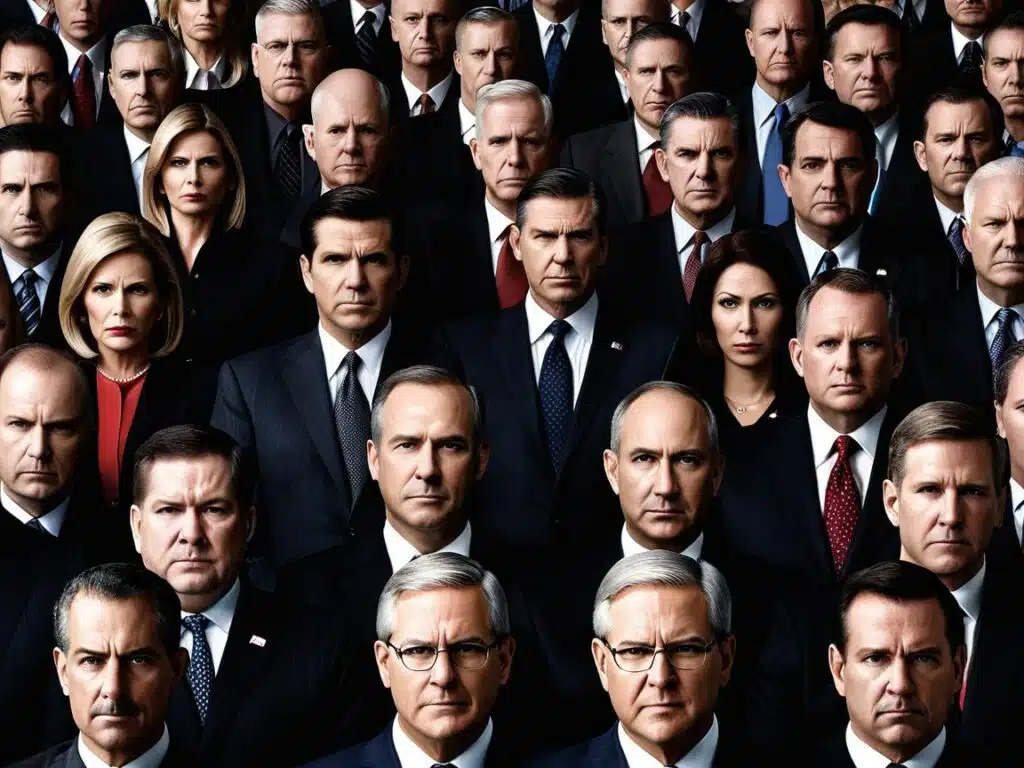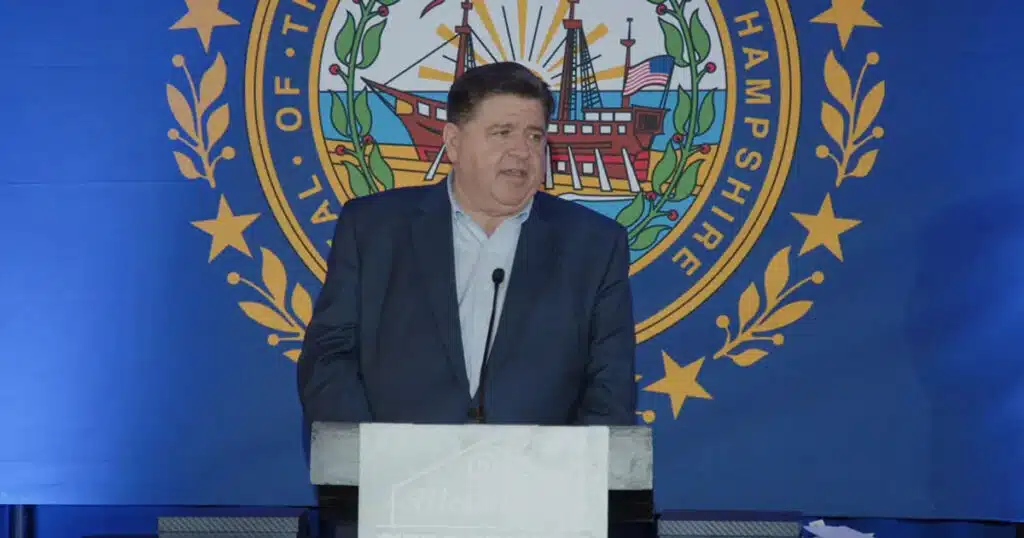
Worthless Deep State Bureaucracies Have Become the Fourth Branch of Government
America was founded on a simple but revolutionary idea: that power should reside with the people, expressed through their elected representatives and limited by a Constitution that restricts government authority. However, in today’s corrupt and borderline evil Washington, a fourth branch of government has emerged as the most powerful and least accountable force in American politics.
The bloated, useless Washington bureaucracy has flexed its muscles and dared anyone to question its authority.
Presidents come and go. Congress pontificates and accomplishes little except more spending. But the administrative state remains, permanent, unelected, and, increasingly, untouchable.
With over two million civilian employees and thousands of agencies, offices, and commissions, the federal bureaucracy has become a government within a government. It writes rules with the force of law, enforces regulations with minimal oversight, spends trillions of dollars with impunity and increasingly operates independently of the very branches it was created to serve.
A President Without Power
Nowhere is this imbalance more evident than in the president’s limited ability to control the bureaucracy he ostensibly leads. Remember, these people purportedly report to him and him alone. He is like the CEO of the country. Yet, while the Constitution vests executive power in the president, that authority has been systematically hollowed out by decades of civil service protections, judicial precedents by activist judges, and internal agency rules that shield federal employees from discipline or dismissal.
Remarkably, most career bureaucrats cannot be fired by the president—not for disobedience, not for insubordination, not even for undermining the policies of an administration duly elected by the American people.
Think about that for a moment.
Firing a federal employee typically requires a lengthy, litigation-prone process governed by the shadowy Merit Systems Protection Board. According to federal data, less than 1% of career civil servants are removed annually, and most for misconduct. Firings due to policy resistance are unheard of.
This isn’t just hypothetical. Former President Donald Trump’s first term, and now his second, offer a textbook example of what happens when an elected executive confronts an entrenched bureaucracy that hates him.
Trump and the Administrative State
During his first term, President Trump frequently clashed with senior officials at the Department of Justice, the FBI, and the intelligence community. Appointees were outnumbered and outmaneuvered by career staff who openly disagreed with the administration’s agenda. Leaks, internal memos, and bureaucratic slow-rolling became common tools to delay or derail presidential directives.
The worst part was that most of these people took the slimy secret route, backslapping the president, nodding their heads and smiling in front of him, and then using whatever information they could glean to stab him in the back.
At the Department of Homeland Security, efforts to tighten immigration enforcement were met with open resistance. In one instance, an ICE official privately spread the word that he would not prioritize deportation orders stemming from the White House’s more aggressive stance on unlawful entry, thus, effectively nullifying policy with inaction.
This bureaucratic opposition hasn’t ended. In 2025, the second Trump administration is again facing resistance from within. Executive orders and federal mandates have been quietly resisted by agency officials. Compliance is slow, enforcement is uneven, and internal agency documents, when they surface, show a deep reluctance to implement policies that diverge from bureaucratic norms.
Budgetary Impotence
Even more troubling is the president’s inability to control agency budgets. Though the executive branch submits a budget each year, which has become an exercise in futility in an era of omnibus bills, continuing resolutions and debt ceilings. But it’s not just legislators who defend agency funding. Bureaucrats themselves often work hand-in-glove with congressional staff to lobby for budget protections or expansions.
President Trump’s budget proposals have repeatedly called for major cuts to agencies and foreign aid programs. Yet most of those cuts were either ignored or reversed by Congress or the courts, frequently with quiet support from within the agencies themselves. The Department of Education, which contributes nothing to the education of the nation’s youth, was supposed to be scrapped completely, but a leftist judge stepped in to ensure the non-productive agency continued on with no clear mission or purpose.
This creates a bizarre paradox: a president supposedly in charge of the executive branch is unable to fire its employees or reduce their funding. It’s executive power in name only.
The Failure of DOGE
Perhaps nothing illustrates the consternation of the American people more than the war between the Department of Government Efficiency (DOGE) and the Deep State Bureaucracies.
Armed with nothing more than good intentions and unparalleled intelligence, Elon Musk brought his brand of no-nonsense business savvy to the federal government, where he was charged by President Trump with rooting out waste, fraud and corruption. The revelations of antiquated IT systems, obsolete accounting procedures, unproductive personnel and untraceable payments resulted in DOGE identifying over $175 billion in potential savings, including grant cancellations and workforce reductions. Yet, to date, virtually none of these worthless bureaucracies has been affected at all because leftist judges with an agenda have stepped in and blocked the majority of DOGE initiatives.
Meanwhile, Trump hating leftist terrorists bombed Tesla dealerships and intimidated Tesla owners, badly damaging one of Elon’s core businesses
For all Musk’s sacrifices, weak-kneed Republicans couldn’t even pass $9 billion in DOGE cuts in the Big Beautiful Bill.
Sickening.
The 4rth Branch of Government
Much has been said in recent years about threats to democracy. But what’s more anti-democratic than a government that cannot be changed by elections? Americans vote for presidents expecting policies to change. Yet time and again, when a Republican is elected president, those policies are stalled, softened, or ignored by career officials who believe their judgment supersedes that of the people.
I don’t know about you, but as it becomes increasingly apparent that we really do not control the government at all, I’m getting a sick, sinking feeling.



